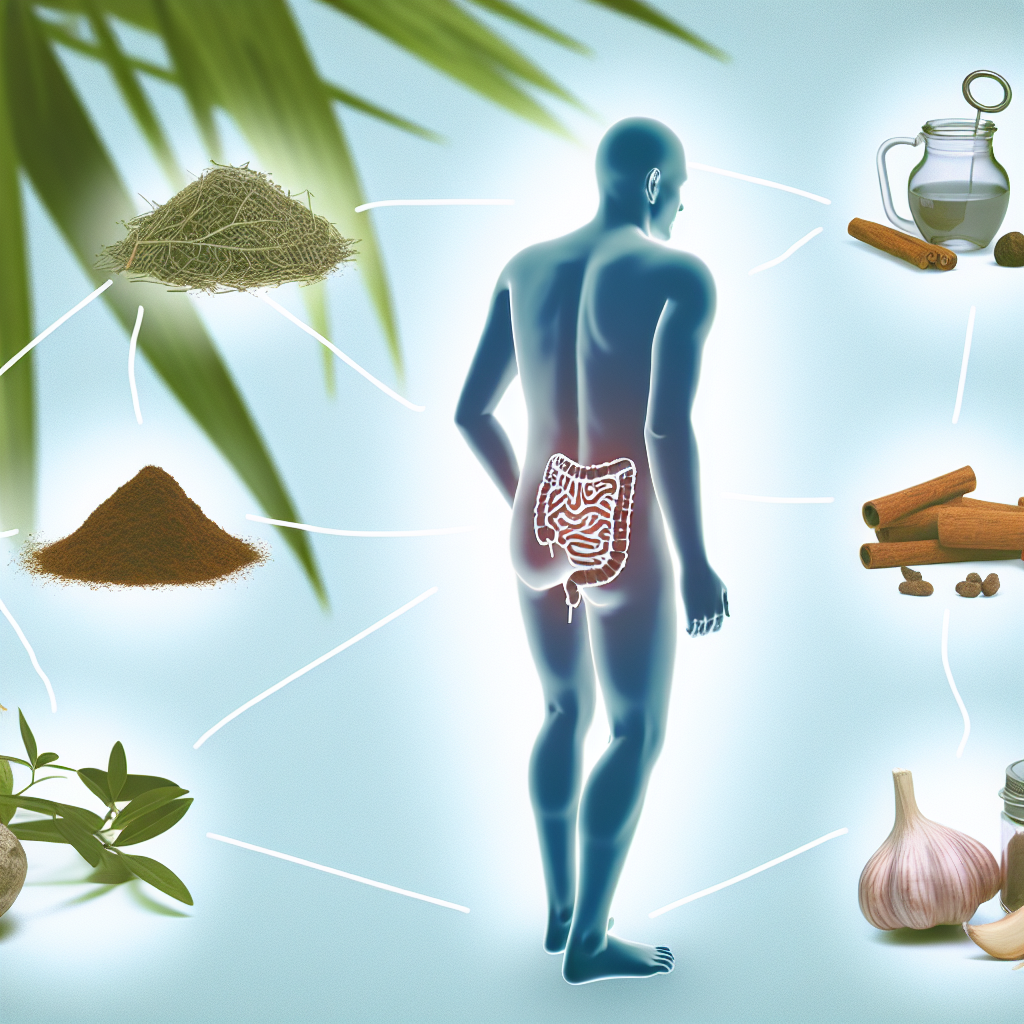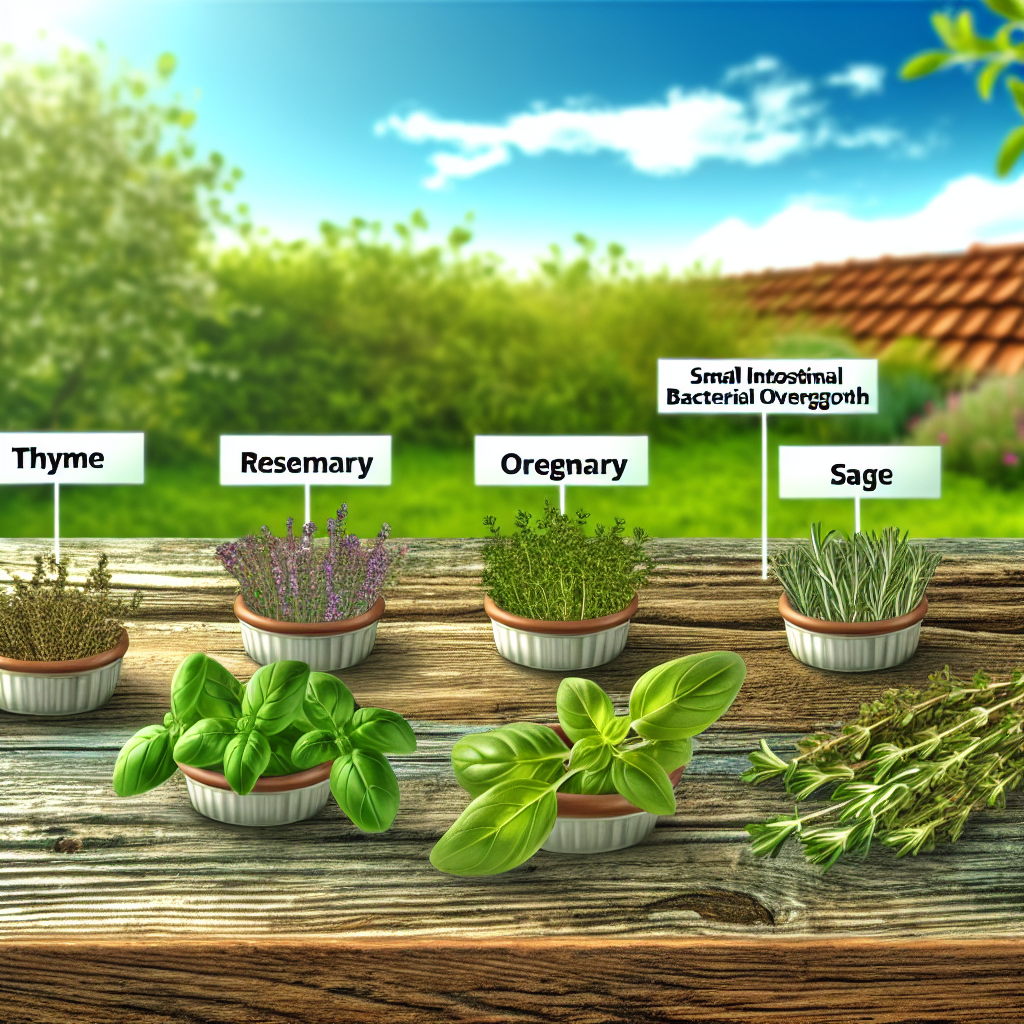The Role of Tannins in Gut Microbiome Diversity
Gut health has rapidly become a central focus in the worlds of scientific research and public wellness, and for good reason. The gut microbiome—a vast, dynamic ecosystem of trillions of microorganisms—plays an essential role not only in digestion but also in regulating immunity, mental well-being, and even metabolic functions. As consumers shift toward holistic approaches, natural compounds like tannins are stepping into the limelight as powerful allies in supporting a balanced gut.
What Are Tannins and Why They Matter for Your Gut?
Tannins are a class of natural polyphenolic compounds found in everyday foods such as tea, red wine, berries, nuts, legumes, and various herbs. While traditionally appreciated for their antioxidant, antimicrobial, and anti-inflammatory properties, tannins are now being recognized for their unique role in shaping gut microbiota.
What sets tannins apart is their selective action on microbial populations. Unlike antibiotics—which often wipe out both harmful and beneficial bacteria—tannins demonstrate the ability to suppress harmful strains while encouraging the growth of beneficial bacteria like Lactobacillus and Bifidobacterium. This selective inhibition supports microbial diversity—an essential marker of a healthy gut.
Why Microbial Diversity Is the Cornerstone of Gut Health
A diverse gut microbiome signifies a healthy and resilient digestive system. When the microbial balance is disrupted—a condition known as dysbiosis—it can lead to inflammation and contribute to issues such as obesity, inflammatory bowel disease, type 2 diabetes, and even mental health disorders like anxiety and depression.
Tannins help rebalance the microbiome by reducing harmful bacteria and nurturing beneficial populations. This dual function positions tannins as natural prebiotics, helping the gut ecosystem thrive without the broad-spectrum devastation associated with synthetic drugs.
What Science Says: Studies Supporting Tannins in Microbiome Modulation
Tannins Show Prebiotic-Like Effects in Microbial Balance
A 2020 review in Nutrients analyzed the influence of tannins and other polyphenols on gut health. The results highlighted their prebiotic-like action—reducing harmful bacteria such as Escherichia coli and Clostridium perfringens, while boosting health-promoting strains like Lactobacillus and Bifidobacterium.
Boosting Diversity and Reducing Inflammation
A 2018 study in Molecular Nutrition & Food Research focused on gallotannins (from gallnuts and sumac) in mouse models. These compounds increased gut microbial diversity and improved the Firmicutes-to-Bacteroidetes ratio—markers of gut health. Researchers also found reduced gut inflammation and enhanced levels of short-chain fatty acids (SCFAs), including butyrate, known for promoting colon health and reducing inflammation.
Potential Cross-Species Applications
The influence of tannins isn’t limited to humans. A 2016 Frontiers in Microbiology study investigated tannin extracts from quebracho and chestnuts in poultry feed. The findings revealed favorable shifts in microbial population structure, pointing toward agricultural and veterinary applications of tannins for improving gut health across species.
Green Tea Tannins and Human Trial Results
Condensed tannins in green tea—specifically catechins—have been linked to positive changes in gut bacteria in human trials. A 2019 randomized controlled study in the American Journal of Clinical Nutrition found increased levels of Akkermansia muciniphila, a gut-friendly bacterium associated with healthier metabolism and reduced inflammation, in participants who consumed green tea regularly.
How Tannins Work in the Gut: Mechanisms Behind the Magic
Tannins exert their microbiome-modulating effects through several mechanisms:
– Inhibiting harmful bacterial enzyme activity
– Modulating intestinal pH
– Altering bacterial adhesion to intestinal walls
These mechanisms allow tannins to encourage a gut environment where beneficial microbes can thrive, while restricting opportunities for harmful pathogens to colonize. Their action supports beneficial SCFA production, gut barrier integrity, and immunomodulation—all crucial aspects of digestive and systemic health.
How to Include Tannin-Rich Foods in Your Diet
Ready to incorporate tannins into your wellness routine? Here are some easy, delicious ways:
– Sip on green or black tea
– Enjoy berries like blueberries, cranberries, and grapes
– Add nuts like walnuts and almonds to your meals
– Incorporate red wine in moderation (if appropriate)
– Cook with legumes such as lentils and chickpeas
– Use herbs like sumac and cinnamon in your dishes
Supplemental tannin extracts are also becoming more available, but always consult with a healthcare provider before starting any new dietary supplement.
Final Thoughts: Tannins as Powerful Natural Allies in Gut Health
As the science around gut health evolves, tannins continue to shine as naturally occurring, multifunctional compounds that can help promote a balanced and diverse microbiome. Their targeted effects on bacterial populations, support of SCFA production, and role in reducing inflammation make them invaluable in a gut-friendly dietary strategy.
Whether you’re pursuing a natural approach to digestive wellness or looking to optimize your gut for overall well-being, tannin-rich foods and supplements could be a smart, evidence-based addition to your diet. The future of gut health may very well begin on your plate—with the ancient power of plants guiding the way forward.
**Summary:**
Tannins, a class of natural polyphenolic compounds, have gained attention for their ability to modulate the gut microbiome. By selectively inhibiting harmful bacteria while nurturing beneficial strains, tannins can support a diverse and balanced gut ecosystem – a key marker of digestive health. Scientific studies have demonstrated tannins’ prebiotic-like effects, their ability to boost microbial diversity and reduce inflammation, as well as their potential applications across species. Incorporating tannin-rich foods like tea, berries, nuts, and herbs into your diet can be a natural, evidence-based way to support your gut health.
**References:**
1. Ozdal, T., et al. (2016). “[The Functionality of Tannin-Containing Foods and Their Effects on Gut Microbiota](https://www.frontiersin.org/articles/10.3389/fmicb.2016.00644/full).” *Frontiers in Microbiology*.
2. Pei, R., et al. (2019). “[The Polyphenol-Rich Diet Promotes Growth of Beneficial Microbiota](https://academic.oup.com/ajcn/article/110/6/1496/5609445).” *American Journal of Clinical Nutrition*.
3. Etxeberria, U., et al. (2013). “[Relationship between Polyphenol Intake and Gut Microbiota Composition](https://www.mdpi.com/2072-6643/5/8/2830).” *Nutrients*.
4. González, M.J., et al. (2018). “[Effects of Tannins on Microbial Diversity and Gut Health](https://onlinelibrary.wiley.com/doi/full/10.1002/mnfr.201700992).” *Molecular Nutrition & Food Research*.
5. Fotschki, B., et al. (2020). “[Impact of Polyphenol-Rich Diets on Gut Microbiota Composition](https://www.mdpi.com/2072-6643/12/5/1428).” *Nutrients*.

Dominic E. is a passionate filmmaker navigating the exciting intersection of art and science. By day, he delves into the complexities of the human body as a full-time medical writer, meticulously translating intricate medical concepts into accessible and engaging narratives. By night, he explores the boundless realm of cinematic storytelling, crafting narratives that evoke emotion and challenge perspectives.
Film Student and Full-time Medical Writer for ContentVendor.com




